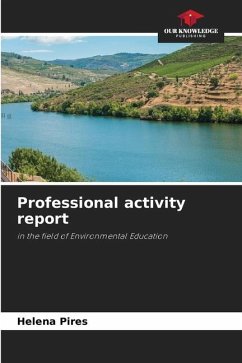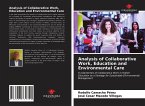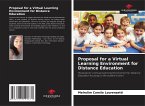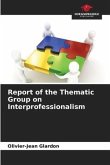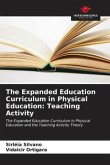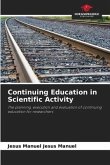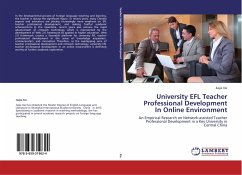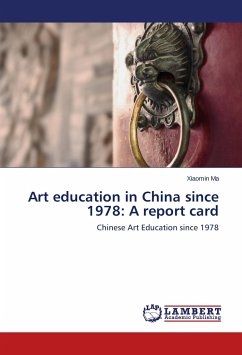The Tagus River Estuary, due to its ecological, geographical, historical and cultural importance, was used as a theme to warn that the challenges of preserving and conserving Wetlands and most Ecosystems are ever greater. The first chapter provides a brief description of this issue. For centuries, man has caused environmental problems that modern society is now facing. There is an urgent need for a change in behavior and attitudes that can remedy them and allow us to live on a sustainable planet. Pollution, the extinction of species, energy waste and climate change are all concerns of local and global political bodies, organizations, associations and schools. Together we must contribute to the Environmental Education and Citizenship of society as a whole. At school, contributing to students' awareness and environmental education involves involving them in projects that involve direct contact with nature and an emotional connection with the places under study. In the professional career described in the second chapter of this report, I contribute to training proactive students for a sustainable future.
Bitte wählen Sie Ihr Anliegen aus.
Rechnungen
Retourenschein anfordern
Bestellstatus
Storno

